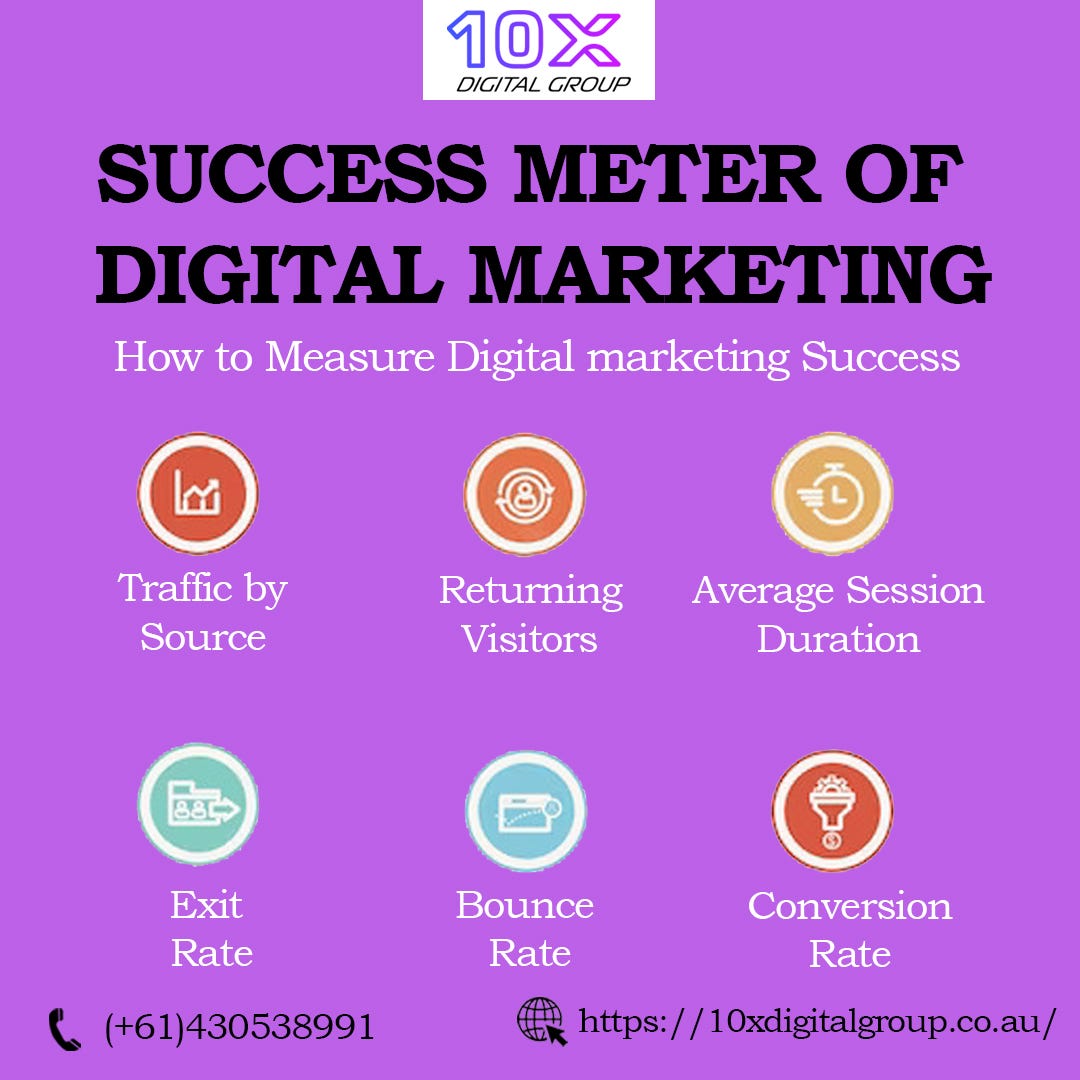Digital marketing is a big field. It helps companies reach more people. But, how do you know if your efforts are working? This blog will help you find out.
Why Measure Digital Marketing Success?
Measuring success is important. It tells you what works and what does not. This helps you spend your money wisely. It also helps you get better results.

Credit: setup.us
Key Metrics to Track
Metrics are numbers that show how well something is doing. Here are some important metrics for digital marketing:
- Website Traffic: This shows how many people visit your site.
- Conversion Rate: This shows how many visitors take action, like buying something.
- Bounce Rate: This shows how many people leave your site quickly.
- Click-Through Rate (CTR): This shows how many people click on your ads.
- Engagement Rate: This shows how people interact with your content.
- Return on Investment (ROI): This shows how much money you make compared to what you spend.
Tools to Measure Success
There are many tools to help you measure success. Some are free, and some cost money. Here are a few popular ones:
| Tool | Description |
|---|---|
| Google Analytics | Tracks website traffic and user behavior. |
| SEMrush | Helps with SEO and competitive analysis. |
| Hootsuite | Manages and tracks social media performance. |
| Mailchimp | Tracks email marketing campaigns. |
| Google Ads | Tracks performance of paid search ads. |
Step-by-Step Guide to Measure Success
Follow these steps to measure your digital marketing success:
- Set Clear Goals: Decide what you want to achieve. This could be more traffic, sales, or followers.
- Choose the Right Metrics: Pick the metrics that match your goals.
- Use the Right Tools: Choose tools that help you track those metrics.
- Collect Data: Use the tools to gather data over time.
- Analyze Data: Look at the data to see trends and patterns.
- Make Changes: Use what you learn to improve your strategy.
Case Study: Successful Digital Strategy
Let’s look at a real-life example. A small online store wanted more sales. They decided to use social media ads. Here is what they did:
- Set Goals: Increase sales by 20% in three months.
- Choose Metrics: Track sales, CTR, and engagement rate.
- Use Tools: Used Facebook Ads Manager and Google Analytics.
- Collect Data: Gathered data weekly.
- Analyze Data: Found that video ads had higher engagement.
- Make Changes: Focused more on video ads. They also adjusted their budget.
In three months, they saw a 25% increase in sales. This shows how measuring success can help you improve.

Credit: medium.com
Common Challenges and Solutions
Measuring success can be hard. Here are some common challenges and solutions:
- Too Much Data: Focus on key metrics to avoid feeling overwhelmed.
- Inconsistent Data: Use the same tools and methods to get consistent data.
- Slow Results: Be patient. It can take time to see changes.
- Technical Issues: Get help from experts or use easy-to-use tools.
Frequently Asked Questions
What Are Key Metrics For Digital Strategy?
Key metrics include conversion rates, website traffic, engagement rates, and ROI. These metrics help gauge strategy effectiveness.
How To Measure Website Traffic Effectively?
Use tools like Google Analytics to track visitor numbers, page views, and user behavior. Analyze trends over time.
Why Is Roi Important In Digital Marketing?
ROI determines the profitability of your marketing efforts. It helps assess if your strategies are yielding financial returns.
How To Track Social Media Engagement?
Monitor likes, shares, comments, and follower growth. Use analytics tools provided by social media platforms for detailed insights.
Conclusion
Measuring the success of your digital strategies is very important. It helps you know what works and what does not. Use the right tools and metrics to track your progress. Analyze the data and make changes to improve. Follow these steps to achieve your goals and see better results.


